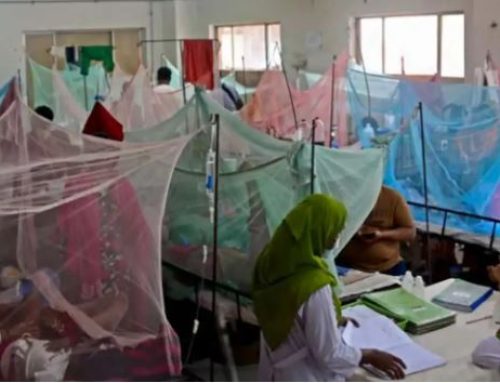Project Description
Author: Hasnat et al.
Summary:
Tuberculosis is a major public health concern in Bangladesh. Zoonotic tuberculosis, caused by Mycobacterium bovis, is one of several types of tuberculosis which is a significant public health concern in the country, particularly in rural areas where people have close contact with livestock. The burden of zoonotic tuberculosis in Bangladesh is difficult to determine, as the disease is often underdiagnosed or misdiagnosed due to its similarities with other types of tuberculosis. The objective of the proposed study is to determine the prevalence, resistance pattern and associated factors of zoonotic tuberculosis in Bangladesh This cross-sectional study will be conducted at Upazila Health complexes with TB corner and Infectious Disease Hospitals where suspected TB cases referred by registered physicians will be interviewed. Samples from these patients will be collected as a routine diagnostic procedure. The samples will be sent to an accredited laboratory for further evaluation. Following this, PCR will be done for the presence of Mycobacterium bovis, and to identify the resistant gene against Isoniazide, Rifampicin, Ethambutol, Pyrazinamide and other first and second line drugs (if possible). Besides clinical information, socio-demographic characteristics and associated risk factors will also be sought during interview of the patients. Informed consent was taken from the UHC and Infectious Disease Hospitals. Collected information will be recorded in case-record form (CRF).
The study will attempt to draw light on a mostly unexplored area of Zoonotic Tuberculosis epidemiology and will identify a vulnerable and potential target group of people for ZTB prevention.
Status: Ongoing
Full text link: Not available



